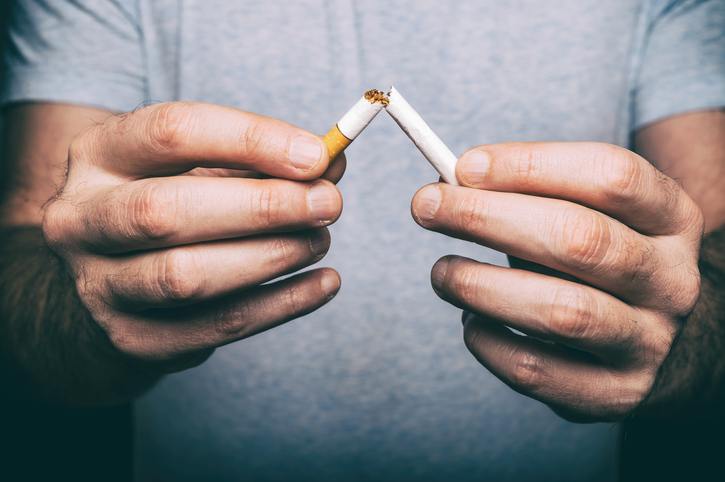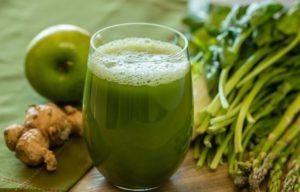
What is your employer’s sick time policy and are you honest about using it?
Some years ago, I was an assistant manager for a large retail store and was floored one day when our furniture department manager called in well. He woke up feeling really good and felt the need to go fishing instead of coming in to work, he was buying some beer, picking up his dad and was heading to a lake to go fishing. I admired him for being honest, as he could have lied and said he was sick, but he didn’t, he called in well. The next day, when he came to work, I spoke to him and he explained that he had been very stressed lately and just needed a day to relax and unwind. Our company policy gave me no choice but to write him up with a written reprimand, but I did comment about his honesty and understood his need to unwind.
In today’s world, one could refer to that as a mental health day. Back then, mental health wasn’t really considered to be a concern, at least not nearly as important as physical health, but times are changing and some employers actually allow for mental health days.
Madalyn Parker lives and works in Ann Arbor, Michigan as a web developer. She felt that she needed a couple of days off for mental health reasons. In 2015, she had written about her battle to overcome mental health hurdles at work, so many of her colleagues were aware of her struggles. Like my furniture manager, Parker was honest about why she was taking a couple of days off and sent an email to her team, which read:
“Hey team, I’m taking today and tomorrow off to focus on my mental health. Hopefully I’ll be back next week refreshed and back to 100%. Thanks, Madalyn.”
What do you think your employer would say if you took a couple days off and sent an email stating the same reason that Parker gave?
Her fellow workers accepted her reason for taking the time off, largely because they knew her and of her struggles. The surprise was the response she got from Ben Congleton, the CEO of the company where she works.
Congleton replied to Parker’s email, writing:
“Hey Madalyn, I just wanted to personally thank you for sending emails like this. Every time you do, I use it as a reminder of the importance of using sick days for mental health – I can’t believe this is not standard practice at all organizations. You are an example to us all, and help cut through the stigma so we can all bring our whole selves to work.”
Parker was so pleased with the CEO’s response that she asked to share it on Twitter and he agreed. Once she tweeted it out, she has received thousands of likes and it’s been re-tweeted thousands of times.
Psychotherapist Any Morin gives several reason for needing to take a mental health off. They are:
• When you’re distracted by something you need to address. If you’re behind on your bills and taking a day off to tackle your budget could help you feel as though you’re back in control, it may make sense to take a day to address it so you can reduce your anxiety.
• When you’ve been neglecting yourself. Just like electronic devices need recharging, it’s important to take time to charge your own batteries. A little alone time or an opportunity to practice some self-care can help you perform better.
• When you need to attend appointments to care for your mental health. Whether you need to see your doctor to get your medication adjusted or to schedule an appointment with your therapist, taking a day off to address your mental health needs is instrumental in helping you be your best.
Why Leaders Should Care About Employees’ Mental Health
It would be wonderful if all employers supported employees’ efforts to take care of their mental health in the same way Congleton did. But clearly, the tweet went viral because most employers wouldn’t have had the same reaction.
In today’s America, more emphasis has been placed on our mental health as much as on our physical health. Do you know if your employer recognizes the need to take a mental health day off as well as a sick day off? If not, you need to find out, because staying mentally healthy can have a direct impact on staying physically healthy.









